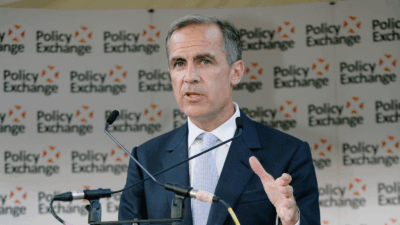
Sign up for smart news, insights, and analysis on the biggest financial stories of the day.
The world’s largest oil producing bloc is betting that the Omicron wave of the coronavirus won’t impact the global economy like previous waves, and they’re turning on the taps to prove it.
On Tuesday, OPEC+ — that’s the thirteen Middle Eastern and African nations that make up OPEC plus ten extra heavy hitters including Russia and Mexico — agreed to boost their collective output by 400,000 barrels a day starting next month. For the sake of everyone’s sanity, here’s hoping they’re right.
Tank Full of Optimism
The spread of the Omicron variant brought back travel and public health restrictions around the world, threatening economic growth, vacation plans, and oil demand. A surge in case numbers in Europe and America has already led to struggles for some airlines, rail companies and hospitals. Plus, several Wall Street firms slammed the brakes on their back-to-the-office plans.
But the UK’s vaccine minister (yep, they have a cabinet post just for vaccines now) said Omicron patients are generally subject to less severe symptoms and France’s finance minister said there is no risk the variant will slow the country’s 4% growth forecast this year. Meanwhile, global manufacturing has been just fine — China’s factory activity grew the fastest in six months in December, while European output held steady — which indicates Omicron’s impact on economic output so far has been muted. With the OPEC+ decision, markets agreed it’s likely to remain that way:
- Brent, the international oil benchmark, rose 2% to $80.50 a barrel and US crude jumped 2% higher for a six week high of $77.58.
- Last month, OPEC raised its estimate for 2022 oil demand by 200,000 barrels a day for 2022, expecting demand to climb to 4.2 million barrels a day.
Ready for Takeoff: Airline stocks, which would have been heavily impacted by a slowdown, have already started to bounce back. On Tuesday, Lufthansa, Air France, British Airways owner IAG, easyJet, Wizz Air, Delta, JetBlue, and Southwestern were all trading up, showing investors are optimistic despite staffing shortages caused by Omicron and Grinch-like winter weather.











